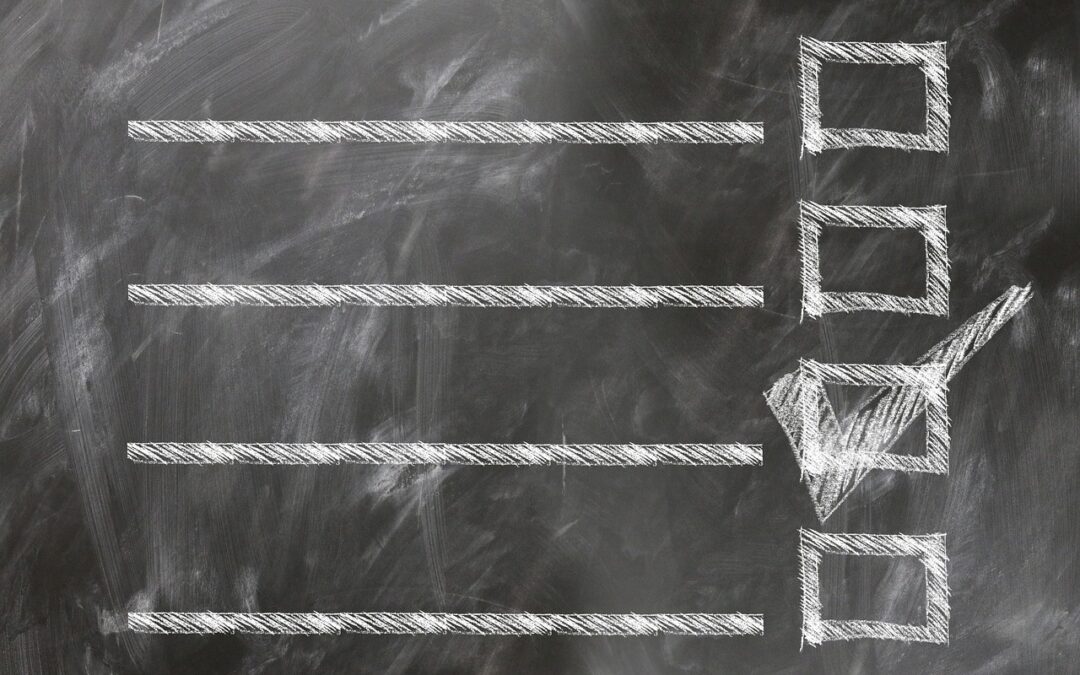This post was originally published on March 11th, 2019. It has been updated to reflect changes in the tax prep checklist of items you need to collect to file your taxes as a business owner, freelancer, contractor, or 1099 worker.
When you work for yourself, taxes can be a bit more complicated. Fortunately, if you have all the correct information at your fingertips, it makes filling out those forms a lot easier.
If you take a bit of time to gather all of your business tax information listed below, the hardest part of doing your taxes is done. Whether you DIY your taxes or go to a tax pro, this is what you’ll need to have on hand.
- Copy of last year’s tax return
- Your business tax ID number (if different than your Social Security number)
- Business bank statements
- Business credit card statements
- Business loan statements
- Business financial statements: Balance Sheet and Profit & Loss Statement
- IRA or other retirement plan contributions made during the tax year
- Self-employed retirement contributions
- Self-employed health insurance premium payment records
- HSA (Health Spending Account) contributions and distributions
- FSA (Flexible Spending Account) contributions and distributions
- 1099-NEC (for your freelance income, royalties, etc.)
- 1099-K for payment processors like Square and PayPal
- Records for every payment you received through any source including:
- Check, cash, or credit card
- Direct deposit
- Wire transfer
- PayPal
- Gusto
- Bill.com
- Accounting (billing) software like QuickBooks or Wave
- Square
- Documentation for any contractors you paid and the 1099s you sent for anyone you paid $600 or more.
- Mileage log (or things like client meetings, trips to the post office, etc. that includes Jan 1 and Dec 31 mileage from your odometer
- Meal receipts along with details of the business reason for the meal and who was present
- All expense receipts or other proof of expenses paid (credit card statements, bank statements, expense logs, etc.) including:
- Phone bills
- Business gifts
- Marketing and marketing research
- Business-related education (EFA courses count)
- Professional dues (your EFA membership fee)
- Professional licensing fees
- Business equipment (laptop, dedicated phone, printer, etc.)
- Web hosting
- Web subscriptions (like for stock photos or accounting software)
- Reference books
- Office supplies
- Business fees (for annual LLC fees, business permits, etc.)
- Estimated tax payments you made for
- Federal
- State
- Local
It’s worth taking the time to go through this list and make sure you have your current records. That way, you, or your tax preparer, will be able to enter everything correctly and minimize the amount of taxes you have to pay.
If you’d like more information on dealing with your taxes as a small business owner, as well as:
- Expanding your business as you grow
- Reaching your ideal customers
- Finding your “Dream Team”
- Managing your business and your life
And much, much more about running the day-to-day of your business, whatever that business may be…
I recommend you check out my latest book, Starting a Business 101: From Creating a Business Plan and Sticking to a Budget to Marketing and Making a Profit, Your Essential Primer to Starting a Business.
I cover every aspect of starting your own business from the very beginning when you’re coming up with ideas to creating a succession plan when you’re ready to retire. Everything in this book is based on what I have been through as a small business owner myself, and working with my clients to structure and maintain their small businesses.
If you want to start your own business, or if you’re ready to expand what you’ve got, this book will help you succeed and make a profit doing whatever it is you’re doing.
Click on the button below to find out more and get your copy now.

